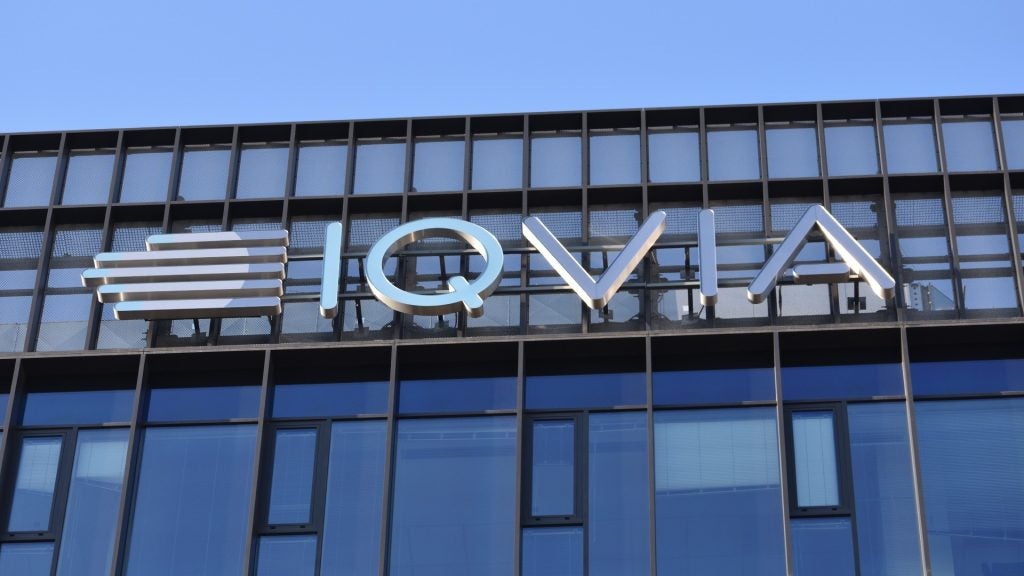The US Federal Trade Commission (FTC) has been granted a temporary injunction against health tech giant IQVIA’s acquisition of digital advertising company Propel Media and its healthcare marketing subsidiary DeepIntent due to fears it may lead to anti-competitive practices.
IQVIA, known for its clinical trial and healthcare information provision, looked to purchase Propel in July of last year. Shortly after, the FTC sought to block the deal, citing concerns over DeepIntent’s programmatic drug marketing business. The body argued that the acquisition would incentivise IQVIA to “withhold key information to prevent rival companies and potential entrants from effectively competing.”
IQVIA already has its own marketing platform, Lasso Marketing, which together with DeepIntent makes up two of the three top providers of drug advertising aimed at healthcare professionals. This alone was cause for concern for the FTC, but it was compounded by IQVIA’s status as the purveyor of “gold standard” datasets of provider identity and prescribing behaviour.
Judge Edgardo Ramos’ 29 December ruling in the Southern District Court of New York agreed with the FTC, granting a preliminary injunction. A spokesperson for IQVIA told Reuters: “We maintain that the FTC’s arguments in this case are inconsistent with the reality of the marketplace and unsupported by the law."
DeepIntent’s CEO previously said that the company would walk away from the deal should the FTC’s block stand, making it unlikely to come to fruition. The parties may also be wary of engaging in a lengthy legal battle following the high-profile failure of diagnostics company Illumina to defend its acquisition of Grail against the FTC’s wishes.
The value of the acquisition has not been announced, but IQVIA is no stranger to expensive deals. In 2021 it acquired the remaining 40% of Q2 Solutions, a clinical trials laboratory services organization, for $760m. Many of the company’s other deals have an undisclosed value, including its 2022 acquisition of Lasso.
The company is however able to raise hundreds of millions in public debt offerings, predominantly to pay off its previous bond issuances.
Our signals coverage is powered by GlobalData’s Thematic Engine, which tags millions of data items across six alternative datasets — patents, jobs, deals, company filings, social media mentions and news — to themes, sectors and companies. These signals enhance our predictive capabilities, helping us to identify the most disruptive threats across each of the sectors we cover and the companies best placed to succeed.









